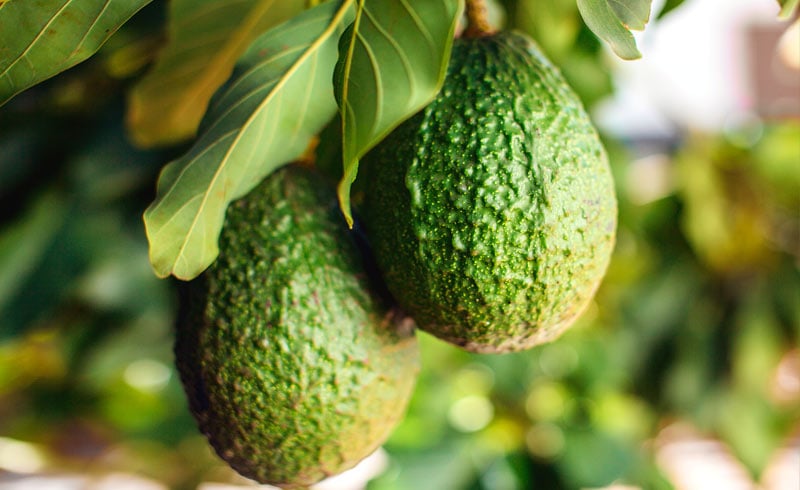Though we can all think of a few delicious reasons for keeping avocados around, it turns out that avocados were historically used for much more than guacamole.
The Origin of Avocados
Avocados are most likely native to south-central Mexico. This makes sense, as avocado trees only grow in sub-tropical to tropical climates. The oldest traces of these fruits were found in a cave in Coxcatla’n, Puebla, Mexico and were dated back to 10,000 B.C. Archeological sources indicate that humans began domesticating Persea americana, or the avocado tree, over 5,000 years ago, making avocado farms as ancient as the use of the wheel.
Who Were the Aztecs?
The Aztecs were a well-documented Mesoamerican civilization that populated much of what is now southern Mexico between 1345 and 1521. They are touted for introducing Spanish explorers to the avocado and the Spanish ships were then responsible for transporting the fruit back to other Europe and selling it to other countries.
The Myths: Avocados in Aztec Culture
In addition to their importance as a form of sustenance, avocados were symbols of both love and fertility in the Aztec culture. Avocados were believed to provide strength to whoever consumed them.
Testicle Fruit?
In the language of the Aztecs, an avocado was ahuácatl, which was the same word Aztecs used for testicle. It could be argued that Aztecs named avocados after men’s sex organs due to their similarity in shape or the fact that they grow in pairs.
However, evidence suggests that Aztecs believed avocados to be an aphrodisiac, capable of both increasing a man’s virility and a woman’s ability to become pregnant. In fact, some stories indicate that young, “vulnerable” women were kept inside during avocado growing season lest they succumb to the temptations of the fertile fruit.
Whether the suggestive name led to the Aztec’s beliefs that avocados were an aphrodisiac or the belief that avocados were an aphrodisiac led to the name, we can’t be sure.
This is not to negate the Aztec’s recognition of avocados as a delicious and nutritious form of sustenance. They too enjoyed their guacamole, or what they called ahuacamolli, which translates roughly to “testicle sauce.”
Fruit or Uterus?
Avocados slightly resemble a woman’s uterus and the pit resembles a growing fetus. Avocados also take approximately 9 months to grow from budding flowers to ripened fruit. It’s not hard to imagine then, why the Aztecs were convinced avocados were a symbol of and treatment for fertility.
The Facts: Why Avocados Were Linked to Sexual Health
The Aztecs’ thoughts about avocados’ link to sexual health weren’t that far from fact. Though avocados have no known effects on a man’s virility, they can help a woman become pregnant.
In addition to the essential vitamins and minerals avocados contain, they are also an excellent source of folic acid. Women who are trying to become pregnant are highly encouraged to take a folic acid supplement. Folic acid can prevent miscarriage and reduce the chance of organ defects in the fetus.
Avocados are also high in vitamin E and monounsaturated fats, which both lower bad cholesterol and increase good cholesterol. Ensuring a woman has proper amounts of fats and oils in this manner supports hormone balance which can lead to an increased chance of successfully becoming pregnant.
Fact or Fiction
Maybe avocados won’t help you with your sex life, but they can increase the health of your pregnancy and promote a healthier lifestyle through copious amounts of vitamins, minerals, and good fats. It’s easy to see why this fruit was so important to Aztec culture, and why it so easily gained popularity once the Spanish transported avocados around the globe.











